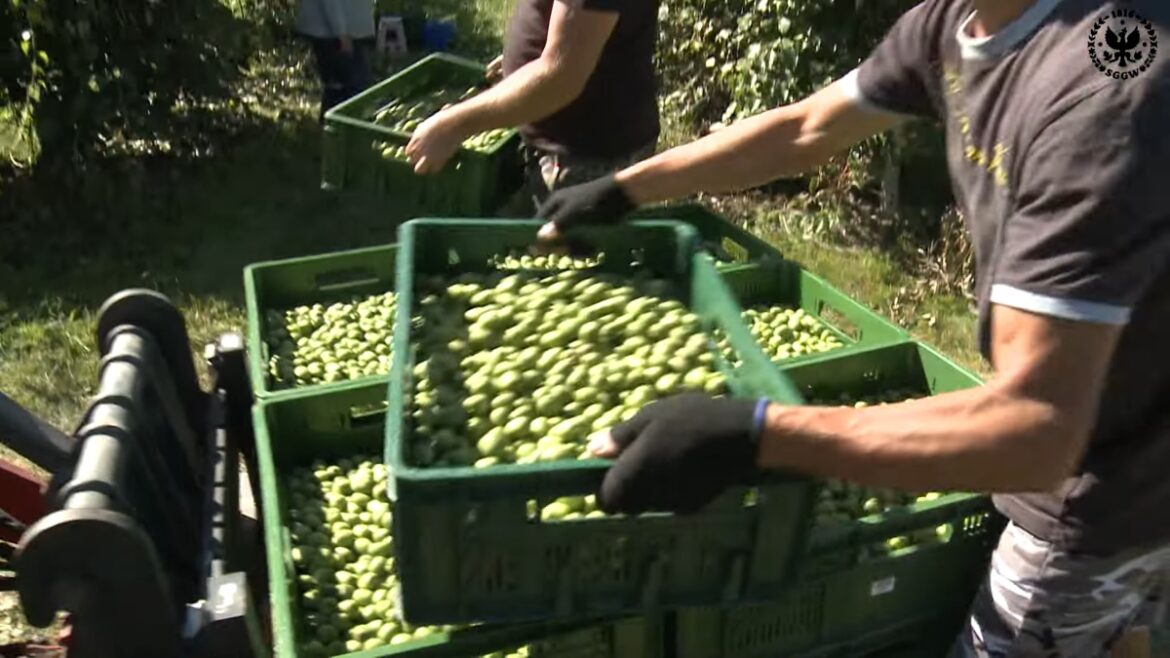The Warsaw University of Life Sciences (SGGW) has completed the project ‘Development of an optimal post-harvest technology for minikiwi (Actinidia arguta) fruit and a prototype of a module for non-invasively sorting fruit by degree of ripeness (MODOM)’.
The aim of the project carried out by the ‘Minikiwi small big fruit’ group was to develop an optimal post-harvest procedure for minikiwi fruit, including the determination of the temperature regime and the development of an optimal refrigerated storage technology, as well as the design, construction and validation of a prototype module for non-invasively sorting minikiwi fruit by degree of ripeness.
The development of these two solutions complements the minikiwi cultivation technology developed earlier and put into practice. The authors hope that the results of the operation will contribute to an increase in the production of these fruits in Poland and affect the competitiveness of Polish producers on the domestic and foreign markets. They also hope that, as a result, minikiwi fruit will permanently enter the range of berries on our market.
The research was conducted on a basic, late-ripening variety grown commercially in Poland – ‘Weiki’. Research related to the construction of a prototype was also conducted on the second popular variety ‘Geneva’ with an early ripening date.
The project ‘Development of an optimal post-harvest technology for minikiwi (Actinidia arguta) fruit and a prototype of a module for non-invasively sorting fruit by degree of ripeness (MODOM)’ was carried out by a consortium called ‘Minikiwi small big fruit’ consisting of: SGGW in Warsaw (leader), Adam Kostrzewa Fruit Farm, Belsk Duży; Mazowiecki Ośrodek Doradztwa Rolniczego in Warsaw and was co-financed by the European Union under Measure 16 ‘Cooperation’ of the Rural Development Programme 2014 -2020.
The scientific director of the project was Prof. Piotr Latocha from the Institute of Horticultural Sciences. The research team at SGGW included staff from the Institute of Horticultural Sciences, the Institute of Mechanical Engineering, the Institute of Human Nutrition Sciences and the Institute of Food Sciences.
Adrian Andrzejewski





